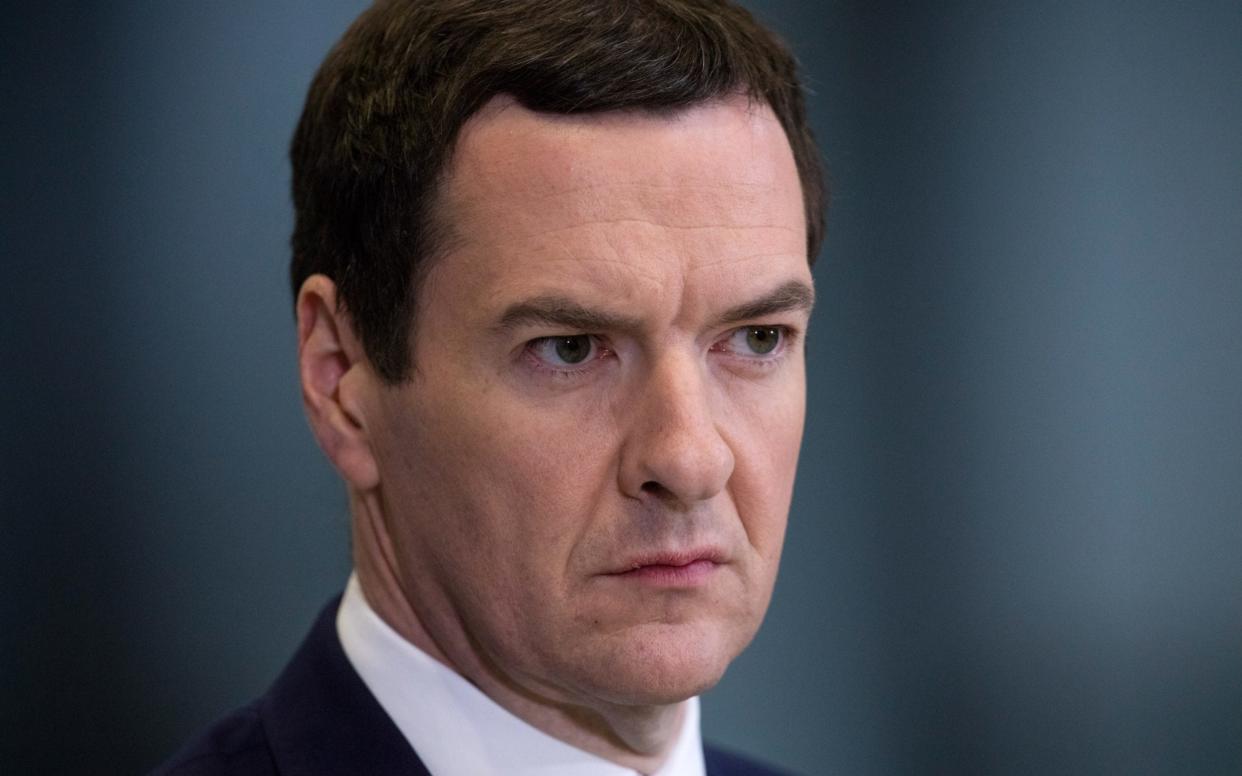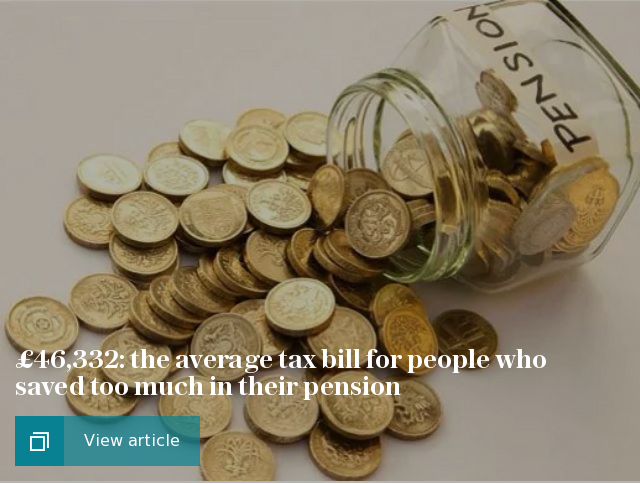Pensions 'death tax': Are you being wrongly taxed on your inheritance?

Creaking computer systems have led to recently bereaved people being chased by HM Revenue & Customs for tax on inherited pensions that they do not owe.
Inherited pensions became tax-free when the “pensions death tax” was abolished by George Osborne, the former chancellor, in April 2015.
As a result of his reforms, unspent savings can be passed on entirely tax-free if the death occurs before the person’s 75th birthday. If the death occurs after 75, tax may be due but not at the penal rates that applied under the old regime.
Before the reforms, part of a sweeping set of new rules known as the “pension freedoms”, any remaining assets in a pension account were subject to a 55pc tax on death.
In May 2016 Telegraph Moneyreported that pension companies were having to step in to stop HMRC applying the old death tax.
Nearly two years later – and nearly three years since the reforms took effect – it is understood that people who have inherited pensions are still being pursued for tax they should not have to pay. The problem appears to be that the taxman’s computer systems are unable to deal with tax-free payments.
Andrew Tully of Retirement Advantage, an annuity company, said: “We are aware of some customers who have been repeatedly contacted by HMRC asking for tax that they say is due, despite these payments being tax-free.
“Given that it’s nearly three years since this change was introduced, it is disappointing the taxman is yet to resolve this problem. At the very least an interim solution should have been implemented that means bereaved relatives aren’t chased for tax payments when they are not due.”
The problems stem from the taxman’s “real-time information” (RTI) system. Since 2013 organisations that pay people under “pay as you earn” have to alert HMRC immediately, whereas previously they could report monthly.
Given it’s nearly three years since this change was introduced, it is disappointing HMRC is still to resolve this problem.
However, RTI cannot cope with non-taxable payments – including inherited private pensions.
The taxman admitted to the problem in a recent update for pension schemes and advised them not to report tax-free pension payments while its investigations were “ongoing”.
Even this “quick fix” does not appear to have solved the problem entirely, however.
Some of Britain’s biggest pension companies have also reported the problem. Aviva confirmed that some customers’ families had been affected and that HMRC had brought its attention to the issue in May 2016. HMRC has said that no one who mistakenly receives the “P6” coding notices needs to pay tax but Mr Tully said bereaved families had been distressed to receive letters that insisted they owed money.
A spokesman for HMRC said: “We published guidance some time ago asking pension schemes to stop reporting these non-taxable payments and to contact HMRC where that’s not possible. We always work very closely with pension providers to put things right to prevent people being chased for tax that isn’t due.”
Who is affected?
The problems impact people who have inherited pensions from which the first withdrawals were made by the original saver after April 6 2015, when the pension freedoms came into force.
The broader reforms swept away decades-old rules that effectively forced people to buy annuities, which are restrictive and have become increasingly poor value in recent years. In some cases the death may have happened just before that date but, because pension companies held off paying “death benefits” until afterwards to take advantage of the new rules, these families may also have been incorrectly told to pay tax.
How are pensions taxed on death?
Unused pension investments and cash are tax-free when passed on by someone whose death occurred before the age of 75 and after April 6 2015.
The rules apply both to “drawdown” plans, which allow regular or irregular payments to be taken while the rest of a pension remains invested, and to certain annuities – insurance contracts bought with pension money to provide a guaranteed income for life.
For an annuity to be inherited, there must have been a guarantee in place that allowed payments to continue to a relative after the policyholder’s death. Previously, pension assets untouched at death faced a 55pc “death tax”.
The average lifespan in Britain is around 80 so, while generous, most of us will not benefit from tax-free pensions inheritance. However, the reforms also improved the tax treatment of pensions inherited from someone who died after the age of 75. The money in these pensions can be taken as a lump sum or as income, with tax due at the recipient’s “marginal” (highest) rate of income tax. This can be incredibly tax efficient.
For instance, if the pension is inherited by a school-age grandchild, and withdrawals from the pot are kept below £11,500 a year (the “personal allowance”), they would be entirely free of tax. Unlike normal private pensions, where access is barred before age 55, withdrawals from inherited pensions can be made straight away.
Any existing pensions held by the recipient are unaffected – inherited pensions do not count towards an individual’s lifetime limit on pension savings, currently £1m. Remember too that taking a large lump sum could easily push a recipient into a higher tax bracket than they would otherwise be in.

What about inheritance tax?
Once money is taken out of a pension it forms part of your estate for inheritance tax purposes.
In the 2017-18 tax year, assets worth more than £325,000 (or £425,000 if including the family home) are liable to IHT at 40pc.
Now that pensions have become such a good vehicle for sheltering assets from tax, HMRC is paying closer attention to activity preceding a death. If you increase pension contributions – or slow withdrawals – while in severe ill health those funds could be subject to IHT after your death if the taxman deems you to have deliberately been trying to dodge death duties.
The pension may also be subject to a “lifetime allowance charge” if savings exceed the lifetime limit and have not yet been touched, and if the saver dies before 75. Unless special “protections” are in place, the excess over £1m is charged at 55pc.
Is HMRC asking you for tax that you don't owe? We want to hear from you: sam.brodbeck@telegraph.co.uk

 Yahoo News
Yahoo News 
